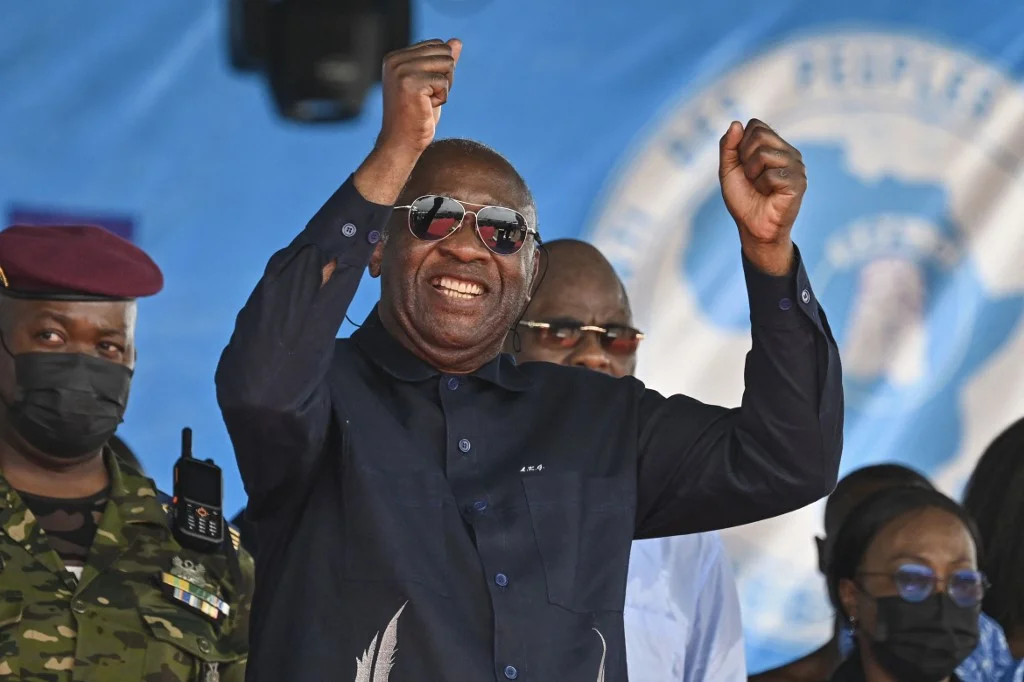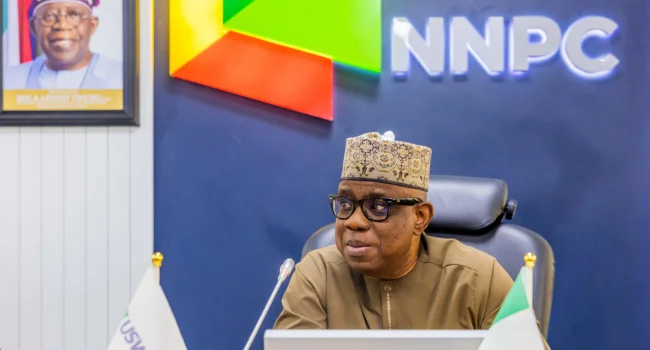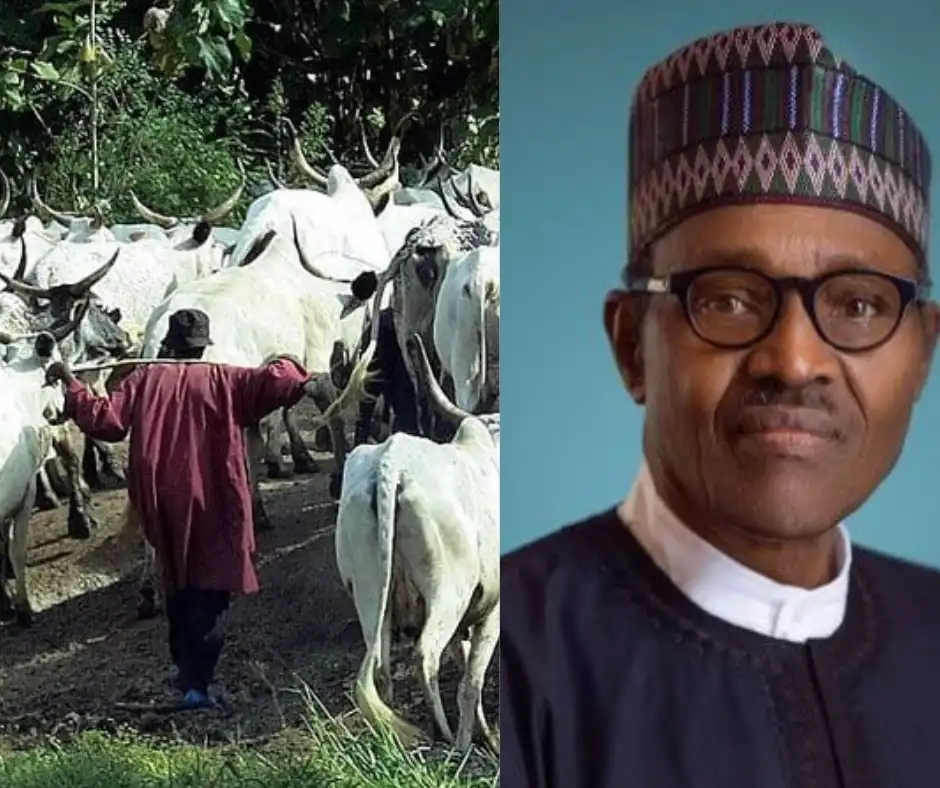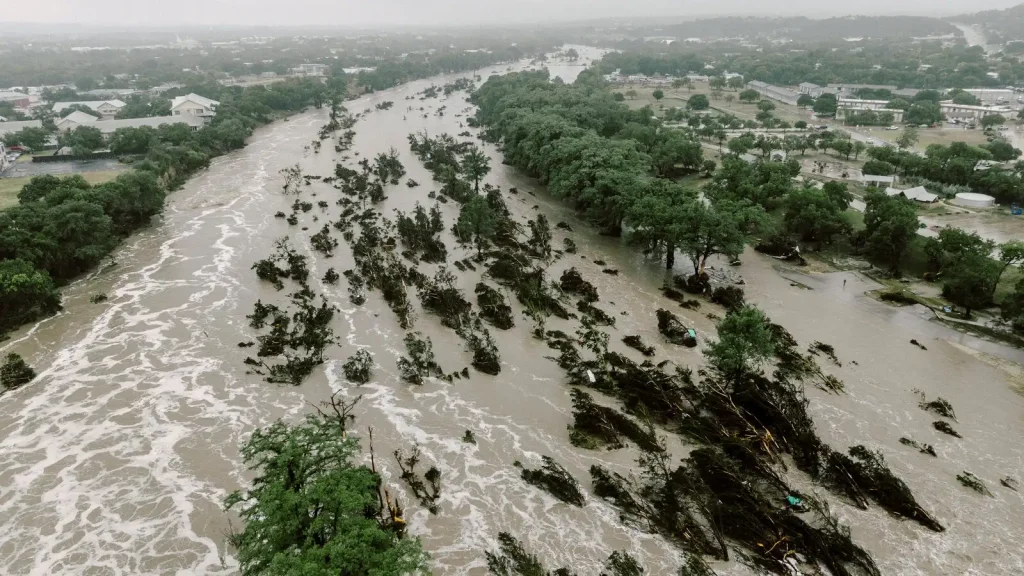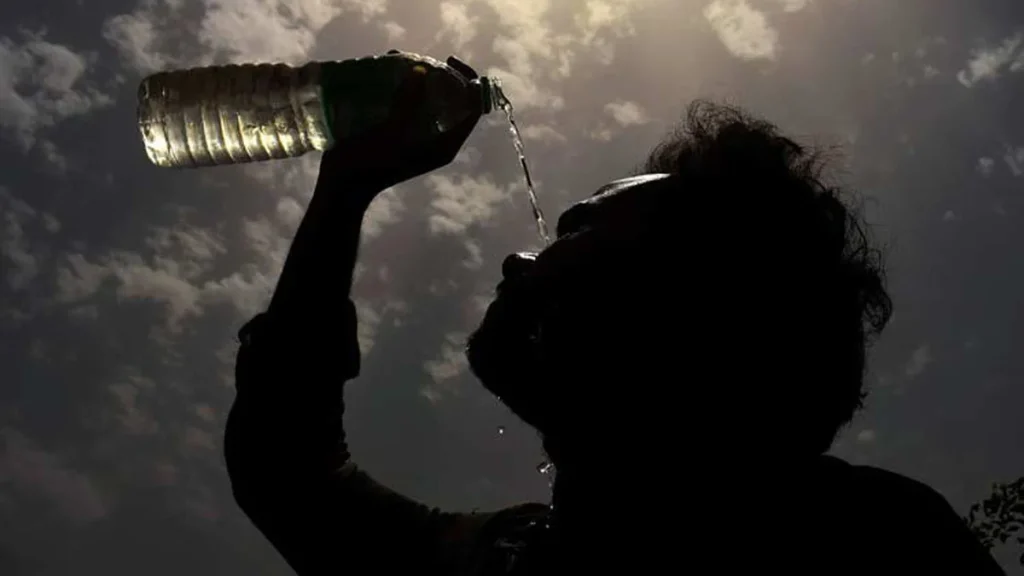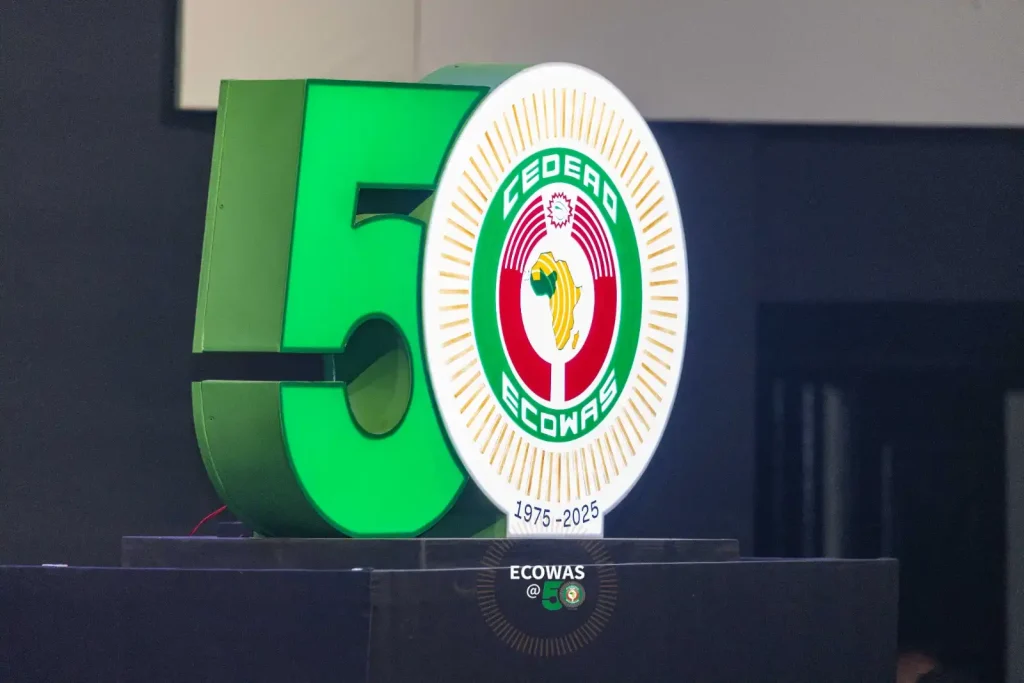The Economic Community of West African States (ECOWAS) has signed a significant agreement today aimed at bolstering intra-African trade infrastructure. This agreement is a major step toward enhancing trade routes and logistical networks, with the goal of streamlining cross-border commerce within West Africa and across the continent. The signing ceremony took place in Abuja, Nigeria, attended by key ECOWAS representatives, government officials, and business leaders.
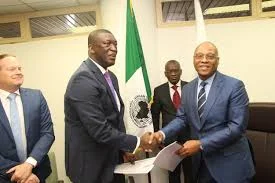 The agreement seeks to address long-standing trade barriers by investing in new transportation infrastructure, digital trade facilitation systems, and improved customs procedures. According to ECOWAS officials, the infrastructure development plan will focus on key trade corridors linking West African nations, fostering easier movement of goods and services, reducing logistical bottlenecks, and improving overall trade efficiency.
The agreement seeks to address long-standing trade barriers by investing in new transportation infrastructure, digital trade facilitation systems, and improved customs procedures. According to ECOWAS officials, the infrastructure development plan will focus on key trade corridors linking West African nations, fostering easier movement of goods and services, reducing logistical bottlenecks, and improving overall trade efficiency.
Mariam Diallo, ECOWAS Commissioner for Trade, Customs, and Free Movement, emphasized the importance of the agreement in her opening remarks. “Today marks a pivotal moment for West Africa. This agreement is about building the infrastructure that will enable our economies to thrive together. Improved intra-African trade is essential for sustainable growth and the economic resilience of our member states,” Diallo stated.
The agreement is part of a broader initiative under the African Continental Free Trade Area (AfCFTA), an ambitious framework designed to create a unified African market. By improving the infrastructure necessary for trade, ECOWAS aims to boost intra-African trade and strengthen economic integration across the continent. The new investment plan includes road, rail, and port projects that will facilitate regional commerce and benefit key sectors such as agriculture, manufacturing, and services.
Officials at the event underscored the need for streamlined customs processes and digital platforms that will allow real-time tracking of shipments, which will reduce delays and increase transparency. ECOWAS leaders also expressed their commitment to providing technical assistance and capacity-building programs to enhance the skills of customs officials in member states.
In addition to economic benefits, ECOWAS projects that the infrastructure improvements will have a positive social impact by creating jobs and opening new opportunities for businesses of all sizes. The organization plans to collaborate closely with private sector partners to ensure successful project implementation, leveraging investments and technical expertise.
The landmark agreement is seen as a progressive move towards achieving sustainable trade and economic growth in West Africa. It signals ECOWAS’s commitment to aligning with AfCFTA’s objectives, which include reducing tariffs and other barriers to intra-African trade. Economic analysts predict that this infrastructure expansion will attract foreign investments, as improved trade routes are expected to enhance competitiveness and efficiency in the region’s economies.
With implementation slated to begin next year, the progress of this initiative will be closely monitored by stakeholders across West Africa. ECOWAS plans to provide periodic updates on the project’s milestones and outcomes as part of its ongoing commitment to transparency and accountability


